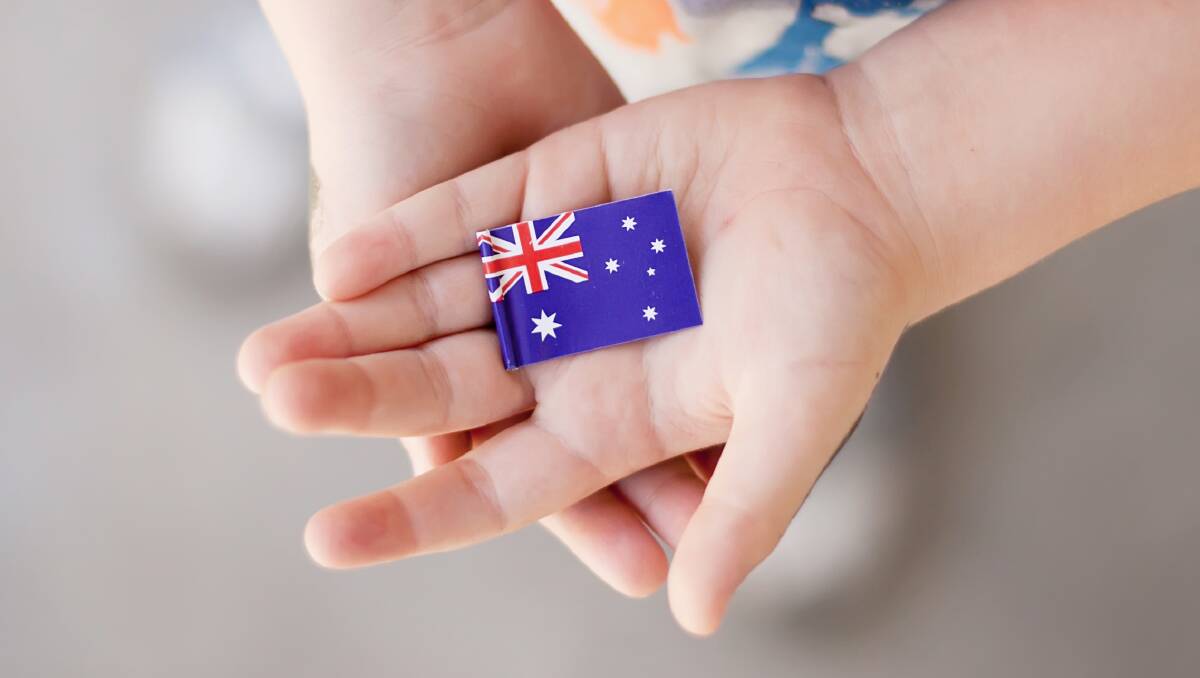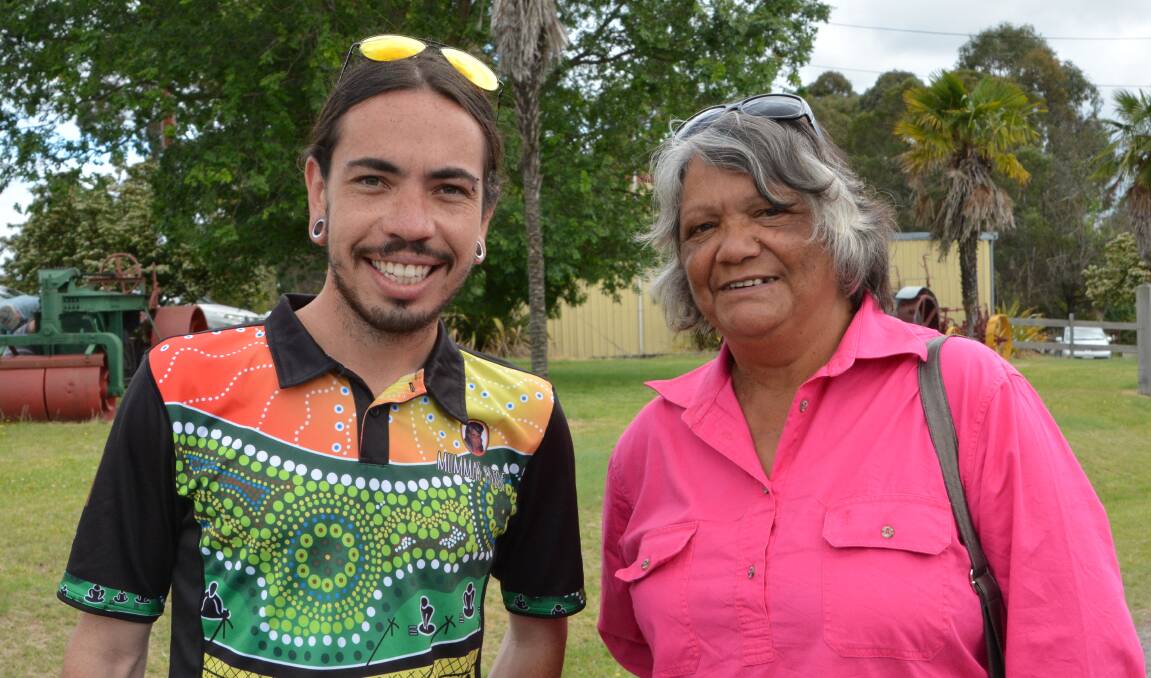
The issue of what we’re actually celebrating on Australia Day regularly comes up at this time of year, but now there appears to be some organised impetus to moving the national celebration away from January 26 to a date more inclusive of the country’s population and less hurtful to indigenous people.
Subscribe now for unlimited access.
$0/
(min cost $0)
or signup to continue reading
A recent survey by Research Now revealed that only 62 per cent of people know what anniversary we’re celebrating on January 26, and that 56 per cent of respondents wouldn’t mind if the date was changed anyway.
Some believe January 26 should instead mark the worthy maritime achievement of the First Fleet arriving in Botany Bay after its 252 day journey relatively intact, planting a flag to establish an antipodean penal colony. Instead, for instance, having January 1 as the country’s national day and celebrating Sir Henry Parkes’ success in bringing together disparate colonies into one federation of states in 1901 would seem a fitting analogy.
It would certainly boost Tenterfield’s profile as the home of federation.
Greens leader Richard Di Natales has stated that moving Australia Day from January 26 would be one of his party's top priorities in 2018, and Yarra Council has infamously decided to not refer to January 26 activities as Australia Day activities.
Tenterfield mayor Peter Petty said his council is happy to have the discussion should the issue be raised in chambers, but he’d be surprised if a date change was the outcome.
Members of Tenterfield’s indigenous community, however, feel very differently. Moonbahlene Aboriginal Land Council’s Helen Duroux said Australia Day as it stands is certainly not celebrated in her community, given its associations with January 26.
But as important as a date change may be, for her a change in people’s attitude is even more important.
Ms Duroux’s offsider Matt Sing said the change-of-date debate may draw attention to indigenous perceptions and drive a change of attitude. He considers that Australia in the middle of the biggest war it’s ever encountered, and until a treaty is signed the civil conflict will continue.
“If Australia Day is moved, it might make people sit back and consider what happened,” he said.
Mrs Duroux said celebrating Australia Day as it stands would be like her throwing a party to celebrate genocide and losing their continent and culture.
“I can’t even speak the lingo.”
Ms Duroux said her mother Lavinia was a designated keeper of aboriginal language, but that gift wasn’t able to be passed down to her daughter due to government policies of the day.

It doesn’t seem that long ago to her when she and her high school friends were required to sit in the first three rows to watch a movie at the Tenterfield School of Arts. If they tried to move back to avoid craning their necks to see the screen they were publicly hunted back to their designated area, which she found very humiliating. She said the wounds are still fresh in her generation.
“People say it’s in the past and get over it, but so was ANZAC Day and we still remember it. This is not something you can ‘get over’ when it’s still happening.”
She said other injustices continue, such as high incarceration rates and housing issues, where those with an indigenous appearance struggle to get fair treatment from real estate agencies, for instance.
“It’s not in the past. We live it every day.”
Meanwhile Mr Sing sees the date change movement gathering more momentum each year, possibly as older generations die out and those replacing them see the damage caused by the celebration of the First Fleet’s arrival.
His vote is for May 8 (say it with a strong Australian drawl and you get ‘Maaate’) which would be a fresh start dissociated with any contentious event.
Because currently for the indigenous community and sympathisers Australia Day is not a day of national celebration. It’s just another public holiday.
Mrs Duroux invited anyone interested in a reasoned conversion on the indigenous perspective to come along to the Moonbahlene LALC office in Rouse St for a chat.

